Towards the eternal: David Lynch’s journey towards Surrealism

Five days later, he was to celebrate his 79th birthday. Throughout his life, this man wanted to tell stories through celluloid. Perhaps, on his birthday, he wanted to reflect on his journey of storytelling one last time. But before that day could arrive, the story of the life of the famous Hollywood director, actor, and writer, David Lynch, came to an end. An eternal shadow now covers Lynch. Yes, the renowned American director, actor, and writer, David Keith Lynch, passed away on January 15, 2025. In 2024, Lynch had revealed that he had been diagnosed with emphysema after a lifetime of smoking and would likely not be able to leave his house to direct anymore. His family announced his death through a Facebook post, writing, "There's a big hole in the world now that he's no longer with us. But, as he would say, 'Keep your eye on the donut and not on the hole.'"

Born on January 20, 1946 into a Finnish-Swedish immigrant family in Missoula, Montana, Lynch grew up traveling across the United States with his parents. His father was a research scientist, and his mother was an English language tutor. At the age of two months, the family moved from Montana to Idaho. By the time he was two years old, they had moved again to Washington. Later, Lynch lived in Durham, North Carolina, and Virginia, among other places, during various phases of his life. His upbringing was therefore diverse. Lynch adapted remarkably well to these changes, yet, like most children, his first enemy was school.
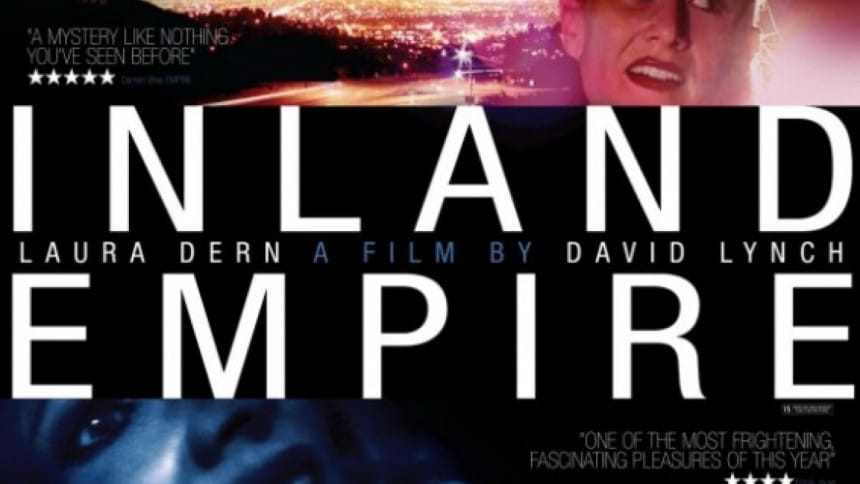
About his childhood, Lynch once remarked, "I found the world completely and totally fantastic as a child. Of course, I had the usual fears, like going to school ... for me, back then, school was a crime against young people. It destroyed the seeds of liberty. The teachers didn't encourage knowledge or a positive attitude."
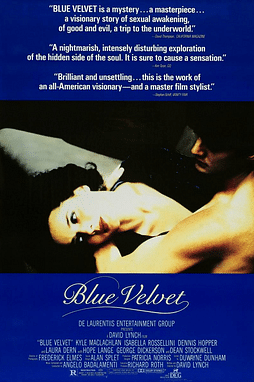
Even as a child, his mind sought liberty. To achieve it, he turned to painting. He pursued his studies at the Pennsylvania Academy of the Fine Arts in Boston. However, his fiercely independent mind found academic constraints unbearable, and he struggled to adapt to institutional education. Within a year, he decided to give it up altogether and embark on a journey across Europe. After wandering for some time, that effort also failed. Lynch came to an understanding about life: he embraced absurdity. He later said, "I look at the world and I see absurdity all around me. People do strange things constantly, to the point that, for the most part, we manage not to see it. That's why I love coffee shops and public places—I mean, they're all out there."
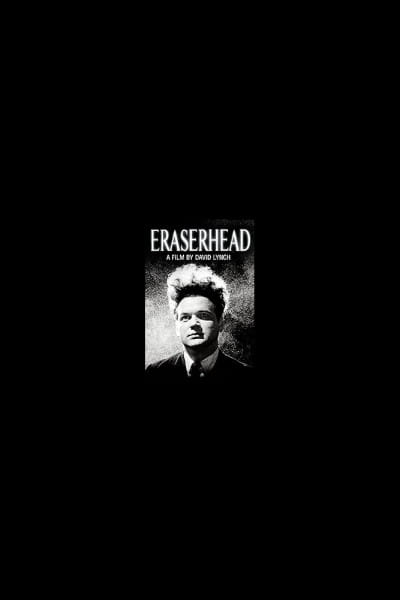
The surrealism of life, the way everything in our surroundings flows at its own pace—this is what inspired David Lynch to make films. Already an avid film enthusiast, Lynch created his first full-length feature film, "Eraserhead." Released in 1977, this horror-infused, black-humored visual story shook American late-night audiences, earning a reputation as a disturbing movie. His outré and uncompromising style quickly caught the attention of Hollywood and the international filmmaking community. Soon after, he was hired by Mel Brooks' production company to write and direct "The Elephant Man," a poignant drama about a severely deformed sideshow performer in Victorian England who gained national fame. Loosely based on the life of Joseph Merrick (referred to as "John" in the film), "The Elephant Man" earned eight Academy Award nominations, including Lynch's first nomination for Best Director. It is widely considered one of his most accessible and mainstream works, alongside "The Straight Story" (1999).
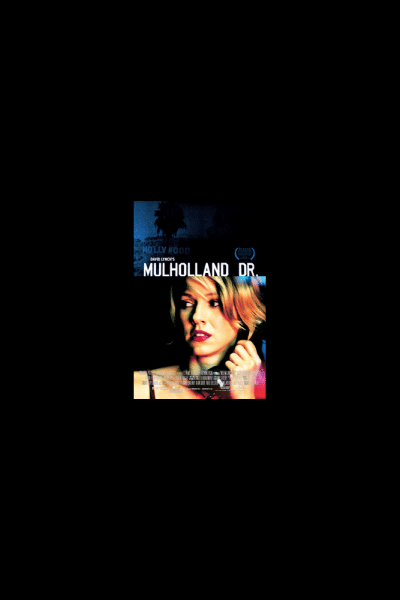
Imagine this—a director who had created only a few productions but had already garnered immense acclaim. Contemporaries and critics alike were discussing his unique style and cinematic artistry. Production houses were competing to work with this rising star, and Lynch could not escape their attention. He was entrusted with $40 million to adapt Frank Herbert's sprawling science fiction novel Dune for the big screen. Filming spanned three years. However, translating such an expansive work of science fiction to celluloid while retaining its original charm proved nearly impossible. As a result, the film, released in 1984, was a box-office disaster.
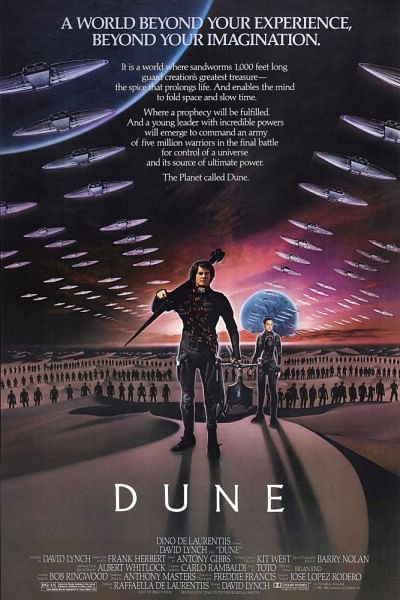
Lynch found himself in a predicament similar to that of Buñuel, whose early films were collages and parodies but who later entered the industry by connecting his symbolism to narrative formats. Lynch did the same, but the formats and the studios he dealt with were far more unforgiving, making his journey longer and more challenging.
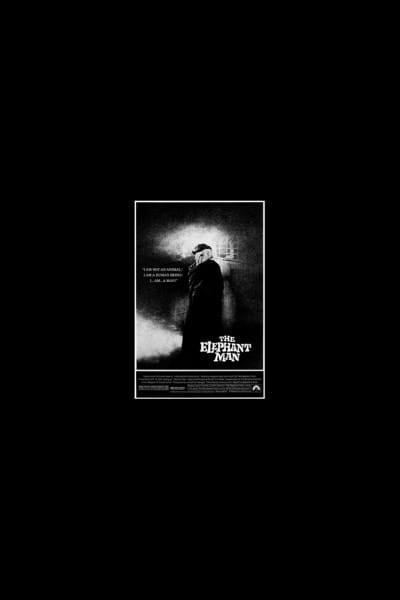
At the time, some of the greatest filmmakers in the world were experiencing their prime, and new film industries were emerging globally. Despite the colossal failure of Dune, Lynch returned with two films that came to define his mature style: "Blue Velvet" (1986), a terrifying descent into the psychosexual underbelly of a small American town, and "Wild at Heart" (1990), a sexually charged and violent road movie that earned the Palme d'Or at the Cannes Film Festival.
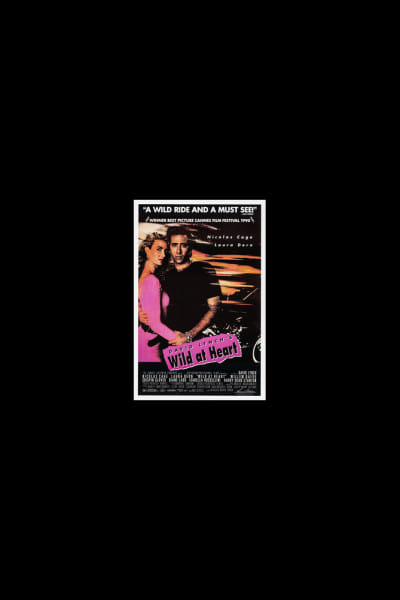
In 1990, Lynch revolutionized American television with the series "Twin Peaks." Starting with the investigation of a high school girl's mysterious murder in a Washington lumber mill town, the weekly ABC show explored unsettling, previously taboo topics and introduced the inexplicable as a cornerstone of modern television narratives.
Later in his career, in films such as "Lost Highway" (1997), "Mulholland Drive" (which earned him the Best Director award at Cannes in 2001), and "Inland Empire" (2006), Lynch embraced an intense, stylistic approach characterized by plots that delved into double personalities, inexplicable transformations, and shocking acts of violence. The quiet yet heartfelt "The Straight Story" (1999) harkened back to the emotional depth of "The Elephant Man."
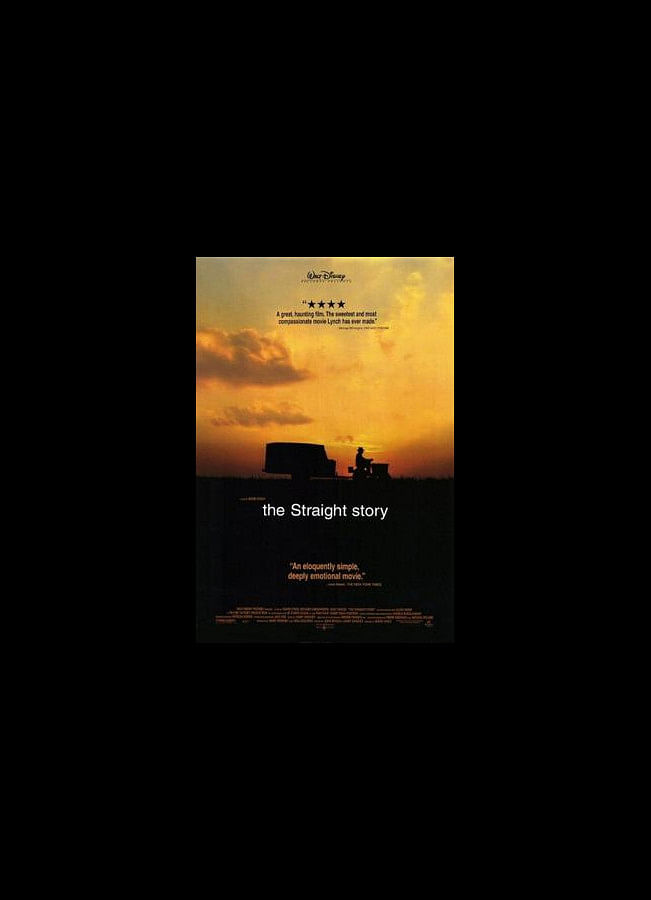
Lynch's greatest contribution to cinema was his portrayal of the micro and macro aspects of human psychology in an extraordinarily vivid, piercing, and unsettling way. The aspects of human psychology that we all face but fail to articulate due to our inability to discuss them openly with others—these were captured in his films. His limited but deeply impactful filmography offers insights akin to Dostoevsky's profound reflections, Victor Hugo's humanistic considerations, and Godard's experimental touch. Yet, Lynch made these profound ideas appear simple. This ability to simplify complexities is what placed Lynch in a unique position, where accolades such as the honorary Oscar or the lack thereof no longer mattered. Lynch worked in Hollywood and made films, but his fight was to tell stories in a European style, beyond Hollywood's conventions. He did whatever it took to achieve this, even creating a new genre with "The Elephant Man," one that transcends the binary of fiction and non-fiction.

Every cinephile eventually returns to Lynch, driven by a deep-seated desire to understand life and flow with it, like a river. Lynch perceived life as incredibly harsh, yet he presented it to audiences in such an unassuming way—like the story of the red ants in his biography: "I discovered that if one looks a little closer at this beautiful world, there are always red ants underneath. Because I grew up in a perfect world, other things were a contrast."

He had dropped out of university to see Europe, and he had left home as well. This departure marked the beginning of Lynch's lifelong journey of not returning home. Even at the end of his life, Lynch had to remain homeless. His Southern California neighbourhood had been affected by wildfires, forcing Lynch to live as a displaced person. It was there, in that state of evacuation, that he passed away. Lynch's life itself seems to have started a new journey through death, one as a wanderer without a home.

 For all latest news, follow The Daily Star's Google News channel.
For all latest news, follow The Daily Star's Google News channel. 





Comments